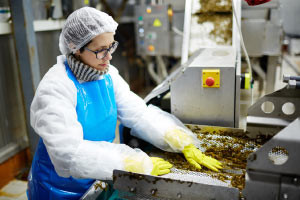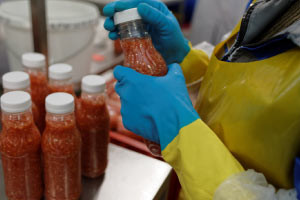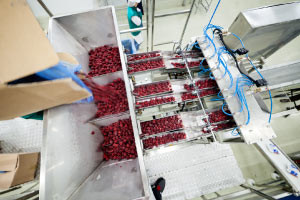Description
Processing technologies are at the center of almost everything we use, from food and electronics to building materials and consumer products. Understanding these processes is very important for anyone who is working in manufacturing, engineering, quality control or in any industrial operations. This course offers a structured review of major processing processes, equipment, safety regulations and actual applications across different sectors. Learners will get important knowledge of how materials are selected, manipulated and made utilizing a variety of processing procedures by the simple lectures and practical examples provided in this course.
Topics Covered
- Module 1: This module deals with the high-pressure processing of food and membrane technology, along with additional topics like food irradiation will also be discussed here.
- Module 2: Here, you will cover novel and emerging technology in food
processing and preservation, which is microwave heating is generated by the absorption of microwave by a dielectric material and then a brief overview of dielectric heating, also known as radio frequency heating. - Module 3: This part checks your learning by providing some course assessments. After your learning, you will be given some assessments to ensure that what you have learned so far
Who Will Benefit
- Engineering and manufacturing students who are seeking foundational knowledge of this field.
- Entry-level professionals in production, quality or operations departments.
- Technicians and plant operators who want to expand their understanding of processing systems.
- Entrepreneurs and small business owners involved in product development or manufacturing.
Why Take This Course
Understanding processing technologies is an invaluable asset in a world dominated by rapid technical breakthroughs and product innovation. This course provides students with practical knowledge that can be implemented in real-world companies, improves employability in the manufacturing industry, and prepares the framework for subsequent studies in engineering or industrial subjects.
Whether you're starting a career in manufacturing or looking to expand your technical knowledge, this course provides a comprehensive and accessible understanding of how modern products are created, enhanced, and distributed to the world.









